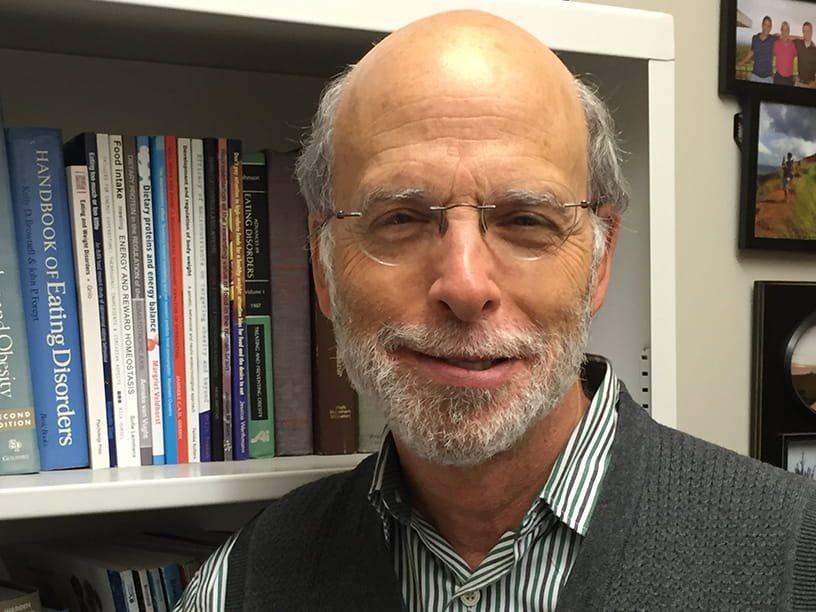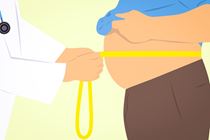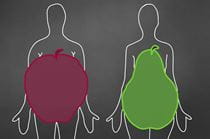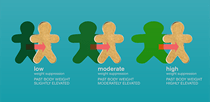Michael Lowe, PhD

Lowe is a professor of clinical psychology at Drexel University. He has served as a long-term research consultant to Weight Watchers and to the Renfrew Center for eating disorders. He is the author of an influential review paper that makes a sharp distinction between restrained eating and dieting to lose weight. He conducts NIH-funded research on the origins of, and treatments for, eating disorders and obesity, and pioneered the study of hedonic hunger, weight suppression and weight variability.
Lowe developed the Power of Food Scale, which has been used in hundreds of studies around the world, and by Weight Watchers, Pfizer and Eli Lilly in their treatment development trials. In his teaching and research mentorship, he encourages students to not only learn the material but to also question it as part of the process of developing their own perspective. He has recently developed a model suggesting that genetic and environmental determinants of obesity and eating disorders, along with the effects of these conditions on the brain and body, undermines the ability of self-regulation treatments to improve these conditions.
Contact
215.553.7116 michael.lowe@drexel.eduIn The News
Related Articles
Drexel News is produced by
University Marketing and Communications.






